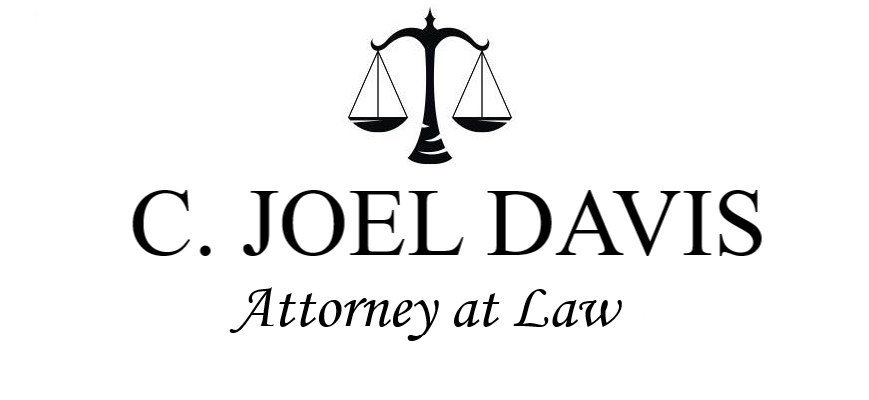Georgia’s recently revised Evidence rules are now being tested in the trial courts. Specifically, Jones v. State, No. A13A1940 (March 28, 2014) restricts similar transaction evidence in DUI cases. A brief explanation of similar transaction evidence and Georgia’s recent changes is below.
The State of Georgia is allowed to present evidence of prior bad acts, or “similar transactions” in certain criminal cases. For example, if a person is charged with Driving Under the Influence, the State may try to introduce evidence that the person has previously been convicted of Driving Under the Influence. In theory, the State isn’t allowed to introduce the similar transaction simply to show “bad character.” In practice, however, similar transaction evidence is extraordinarily damning against any criminal defendant. The reasoning is obvious: no matter the purported purpose, once a jury hears evidence of a prior conviction, that bell cannot be unrung.
O.C.G.A. § 24–4–404(b), the Georgia statute governing similar transaction evidence, provides that
Evidence of other crimes, wrongs, or acts shall not be admissible to prove the character of a person in order to show action in conformity therewith. It may, however, be admissible for other purposes, including, but not limited to, proof of motive, opportunity, intent, preparation, plan, knowledge, identity, or absence of mistake or accident.
In Jones v. State, the State attempted to introduce similar transaction evidence in a DUI case to show the defendant’s (1) intent to drive under the influence and (2) knowledge that drinking would make him a less safe driver. However, the Court of Appeals found such use to be improper: because DUI is a general intent crime, specific intent to drive drunk is entirely irrelevant. Similarly, knowledge that drinking would make one a less safe driver is irrelevant: the Court noted that
Admission of the similar transaction evidence as proof that Jones knew that drinking alcoholic beverages made him a less safe driver did not elucidate or throw light upon whether, in this instance, he committed the same crime again; no culpable mental state was required.
Similar transaction evidence is some of the most problematic evidence that can be used against a criminal defendant. It’s encouraging to see the courts restricting such evidence against DUI defendants and we hope Georgia courts will continue to diminish the admissibility of similar transactions.
Full text of the Jones case can be found here:
http://caselaw.findlaw.com/ga-court-of-appeals/1661959.html
